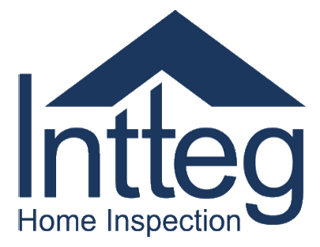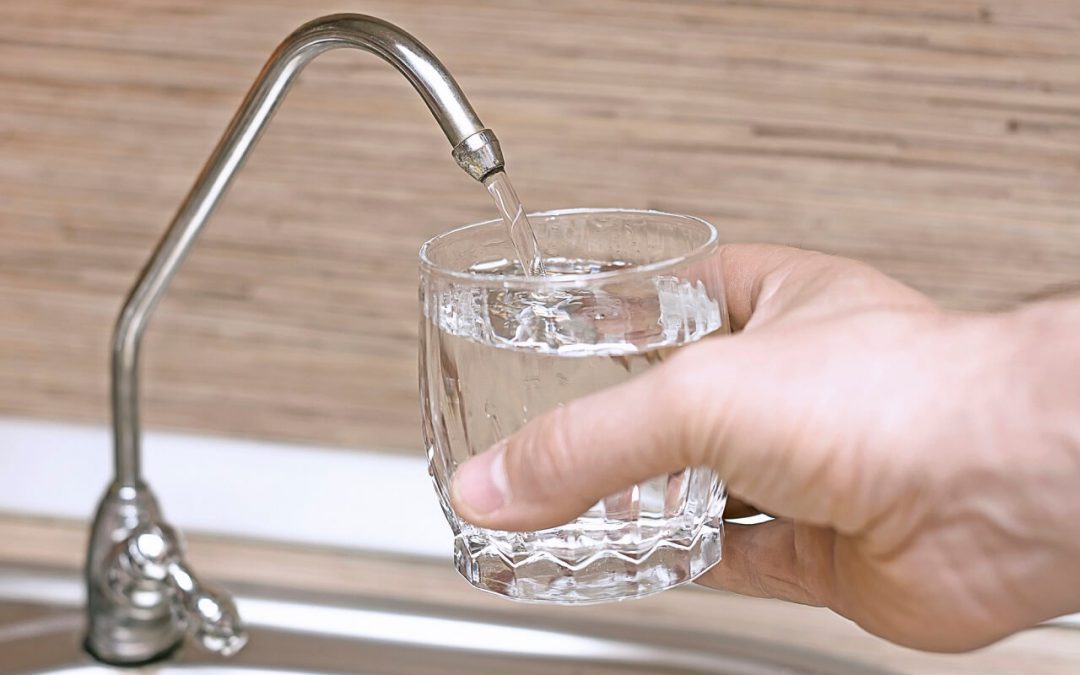For a healthy and safe home, a water filtration system produces clean and contaminant-free drinking water. There are many types of home water filters to choose from, so how can you decide which one is best for you and your family? Have a professional conduct a water test to identify the contaminants you’ll want to address through filtration.
Ion Exchange Home Water Filters
An ion exchange filter softens water by removing dissolved solids like calcium and magnesium. Water is pumped into a container filled with resin particles. The resin will pull calcium and magnesium from water molecules and the system cycles the water back into the home.
These types of filters are best for hard water issues and should not be relied upon to purify water of sediment, bacteria, or viruses. Additionally, the resin bed of these filters can host bacteria, so it’s recommended that an ion exchange system be used in conjunction with other types of filtration.
Activated Carbon Filters
Activated carbon filters are one of the common types of water filters used in homes. This system removes containments when water passes through the materials of the carbon filter. The filter media is usually bituminous coal, but some filters use wood or coconut shell by-product.
Activated carbon filters are inexpensive and don’t require electricity to work. They are effective at removing chlorine and other volatile compounds, but cannot eliminate dissolved solid waste or viruses from water.
UV Home Water Filters
An ultraviolet (UV) filter exposes water to ultraviolet light, which is effective at eliminating viruses and bacteria. UV filters cannot remove sediment and heavy metals from drinking water, however. They require electricity to function, which adds to the cost of the filter.
Reverse Osmosis Filters
Reverse osmosis filters push water through the pores of a semipermeable membrane. These pores trap a large number of dissolved solids but allow water molecules to pass through. Reverse osmosis filters are highly effective in removing toxic chemicals and heavy metals from the water, making it safe for drinking.
A reverse osmosis system involves many stages and has a separate filter for each stage. Because of this, they are costly when compared to other types of home water filters. If you’re concerned about saving water at home, this type of filter may not be the best choice. Reverse osmosis filtration produces a lot of waste water compared to the amount of filtered water generated in the process.
Water Distillation
Distillation machines purify water by vaporizing it to separate water molecules from contaminants. The process involves boiling water to form steam, cooling it to a liquid state, and collecting it in a reservoir. Because the water is boiled, it can even kill bacteria and some viruses.
Distillation systems are scaled to fit into countertop distillers that produce safe drinking water for your family. The downside to distillation is that it’s a very slow process, taking hours to produce small amounts of clean water.
There are many different kinds of home water filters available, and each has pros and cons. Determine what your needs are to choose the right water filter for you and your family.
Intteg Home Inspection provides water testing and home inspection services. Contact us to schedule an appointment in Northeast Indiana.

